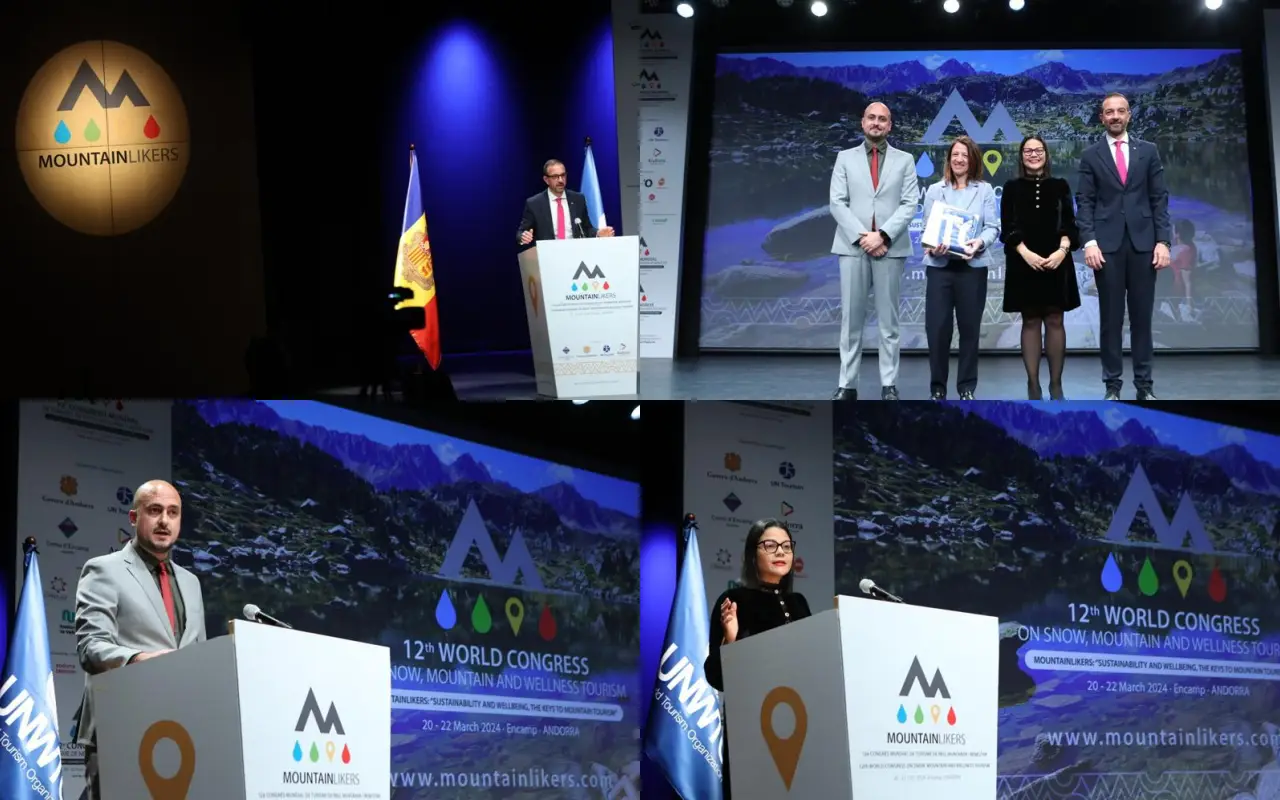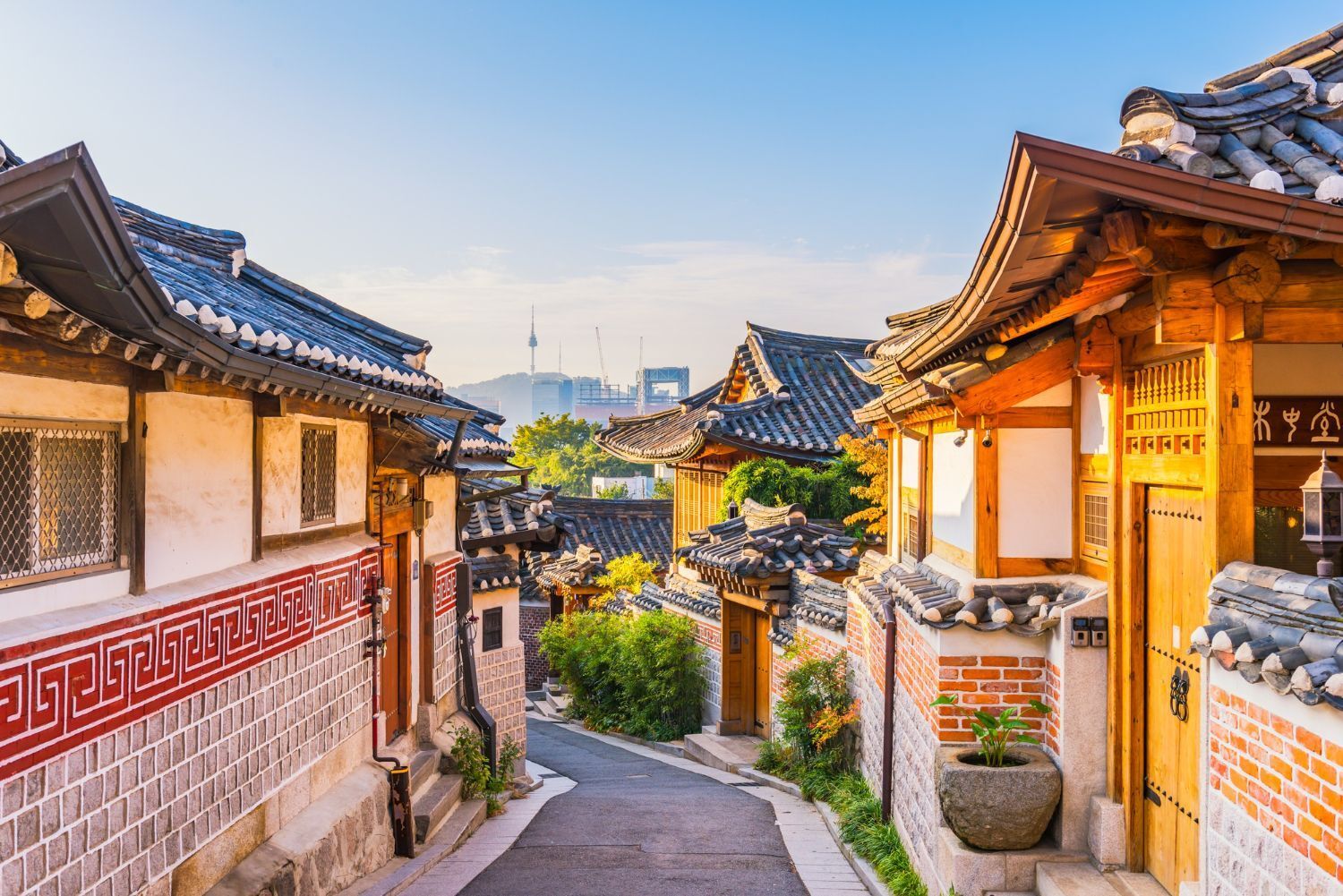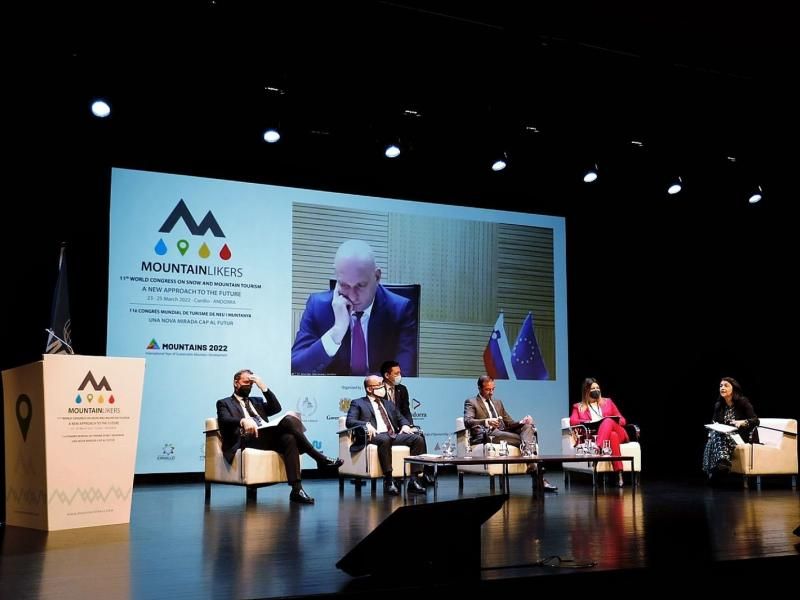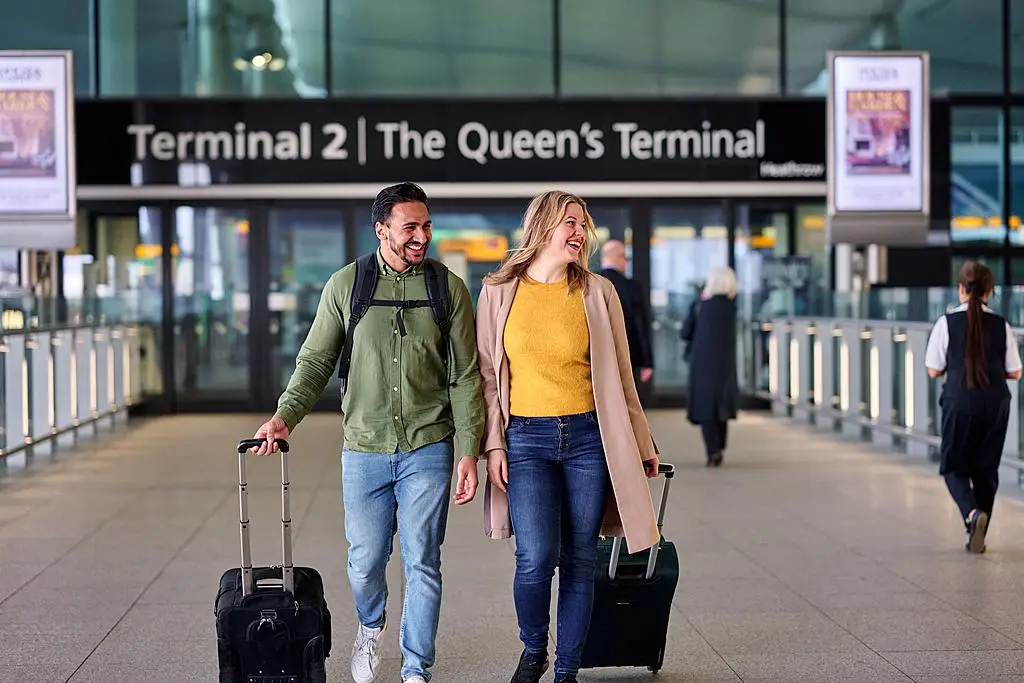The recent 12th World Congress on Snow, Mountain, and Wellness Tourism spotlighted the importance of diversity in experiences and the infusion of talent to elevate mountain tourism sustainably.
This gathering underscored the pivotal role tourism plays in safeguarding mountain ecosystems, enhancing community resilience, and preserving heritage amid challenges like climate change and shifting consumer preferences.
Aligned with the United Nation’s Five-Year Action Plan for Mountain Regions, the Congress delved into key areas such as medical and wellness tourism, sustainability, premium segment promotion, emerging tourism products, and talent attraction and retention.
A focal point was the significance of accurately measuring visitor flows to mountains, a step deemed essential for realizing the sector’s potential, shaping evidence-based policies, and ensuring sustainable management, as highlighted in a report by UN Tourism, FAO, and the Mountain Partnership.
Prime Minister Xavier Espot opened the Congress, emphasizing Andorra’s tourism success, with a recovery to pre-pandemic levels of over 9 million tourists and 12 million overnight stays in 2023. He advocated for a balance prioritizing environmental sustainability and community well-being, portraying tourism as a solution to future challenges through respect for nature, culture, and society.
Natalia Bayona, Executive Director at UN Tourism, echoed the sentiment, noting tourism’s critical role in mountainous regions for community support and ecosystem protection. She expressed confidence that the Congress would guide the path to innovative, inclusive, and sustainable growth for communities and the planet.
A high-level panel discussion featured tourism leaders from Andorra, Spain, and Italy, focusing on policies to foster diversification, innovation, and sustainability in mountain tourism. The aim was to create a cohesive framework for stakeholder alignment toward sustainable and inclusive mountain tourism development.
The Congress also introduced a segment on health tourism, acknowledging mountains’ unique value and competitive edge in this area. This reflects a strategic move to diversify mountain tourism offerings, cater to contemporary tourist demands, and encourage year-round visitation.
Experiences in this segment were presented by speakers such as Csilla Mezősi, Secretary-General of the European Spas Association, Lászlo Puczko, CEO of Health Tourism Worldwide, Joan Muro, President of the Health Tourism Association of Andorra Health Destination and Emma Haefeli, Marketing Director of CHENOT GROUP (Switzerland).
Additionally, the event showcased tourism’s role in rural development, with representatives from Best Tourism Villages by UN Tourism sharing how they’ve successfully tackled seasonality by diversifying and innovating tourism products sustainably.
The Congress drew over 300 participants from 14 countries, with many more joining virtually. Speakers from various organizations, including Slow Food Carinthia, National Geographic, and leading educational institutions, contributed their perspectives on advancing mountain tourism.
Jordi Torres Falcó, Andorra’s Minister of Tourism and Commerce, concluded the event by highlighting the introduction of wellness tourism and the sector’s adaptability to new trends. He emphasized the Congress’s role in addressing industry needs, enhancing the mountain tourism offer, and serving as a forum for deeper exploration of topics like community integration and education.















